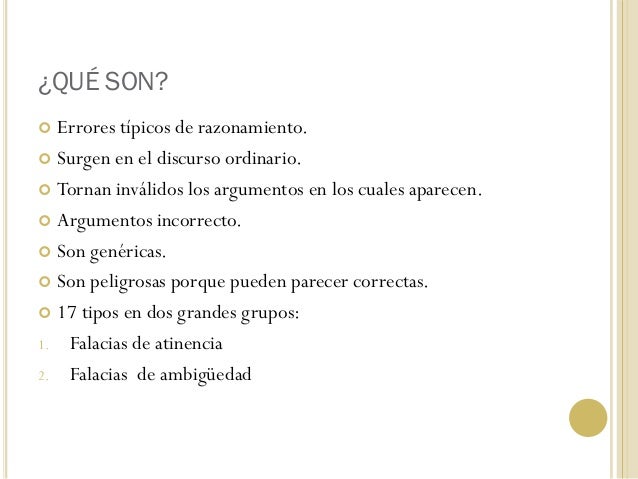

T h e present wl-itcr-s, inĪ short article elltitled "Intention" for a Dictionnryl of literaryĬriticism, raised the issue but were unable to pursue its Of 1940 in the Southern and Kenyon Reviews.' But it seems doubt-įul i f this claim and most of its romantic corollaries are as yet ~ n - plicitly in periodical essays like those in the "Symposiums" Ileresy, between Professors Lewis arld Tillyard, and at least i Notably in the debate erltitled The Persor!nL H3s been challenged in a r ~ u ~ n b c r of rcccrlt dis- :ussions, HE claim of thc author's "intention" upon the critic's judgment

L I I \ ~ ~ CONCREVL, Prologue to I'hr Il'ay 01 rhr

Nlore hnvc no conrmisc:ation For dullness on nl lturc They'rc nauglrt, ne'er spare l~ini for his pains: Damn liim the Ilc owns ~vitli toil Iic wrote tllc followillg sccncs Rut, if "In order to judge the poet's performance, we mu9 IīY \V. There is hardly a problem of literary criticism in which the critic's approach will not be qualified by his viev of "intention." "Intention," as we shall use the term, corresponds to whnt /I!, kffirtded in a formula which more or less explicitly has had wid( "itceptance. It entails many specific truths about inspiration, authenticity, biography, literary history a ~ l d scholnr- ship, and about gome trends of contemporary poetry, especially its allusiveness.

It is ZI principle which accepted or rejected points to the polar opposites of classical "inlitation" 2nd romantic cxprcssion. W e argued that thc design or illtelltion of I the author is neither available nor desirable as a standard for judging the success of a work of literary art, and it seems to us that this is 3 principle which goes deep into some differences in / the history of critical attitudes. The present wl-itcr-s, in a short article elltitled "Intention" for a Dictionnryl of literary criticism, raised the issue but were unable to pursue its implicn- I tions at any length. WII.LII\~~ CONCREVL, Prologue to I'hr Il'ay 01 rhr N'orld HE claim of thc author's "intention" upon the critic's judgment h3s been challenged in a r~u~nbcr of rcccrlt dis- :ussions, notably in the debate erltitled The Persor!nL Ileresy, between Professors Lewis arld Tillyard, and at least i~n- plicitly in periodical essays like those in the "Symposiums" of 1940 in the Southern and Kenyon Reviews.' But it seems doubt- ful if this claim and most of its romantic corollaries are as yet subject to any widespread questioning. UEARD,SL,EY Ilc owns ~vitli toil Iic wrote tllc followillg sccncs Rut, if they'rc nauglrt, ne'er spare l~ini for his pains: Damn liim the nlore hnvc no conrmisc:ation For dullness on nl lturc dclibcr ation.


 0 kommentar(er)
0 kommentar(er)
